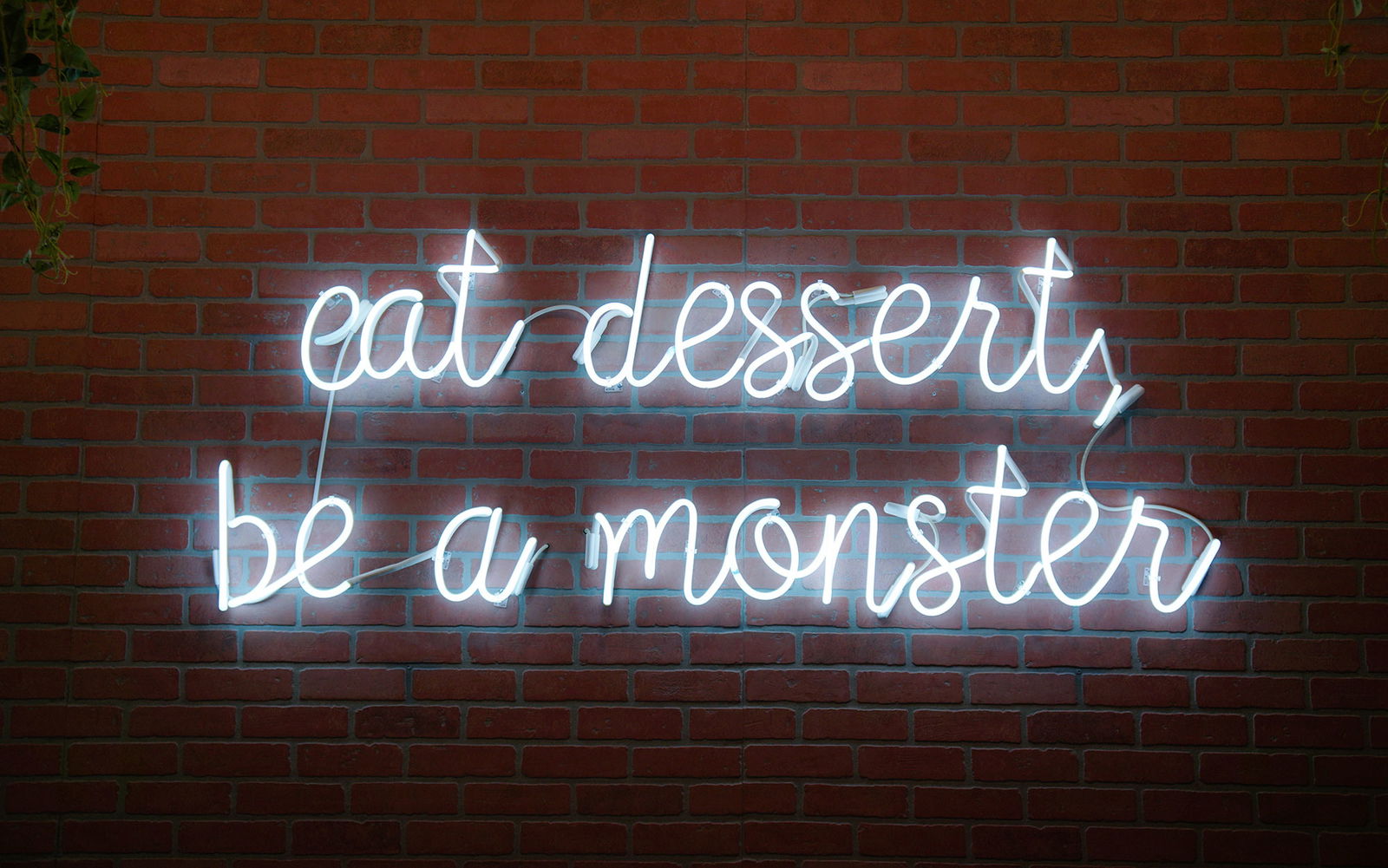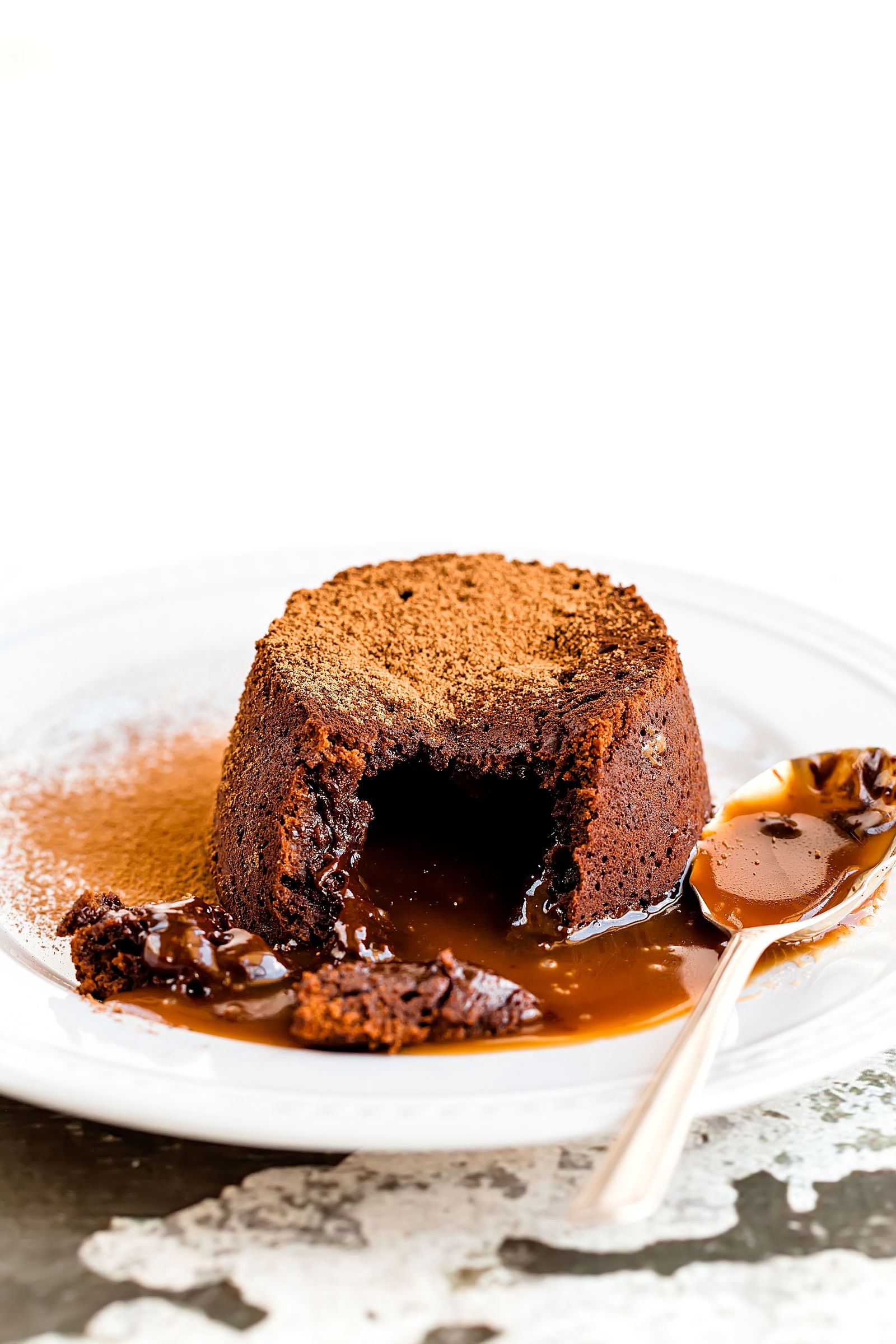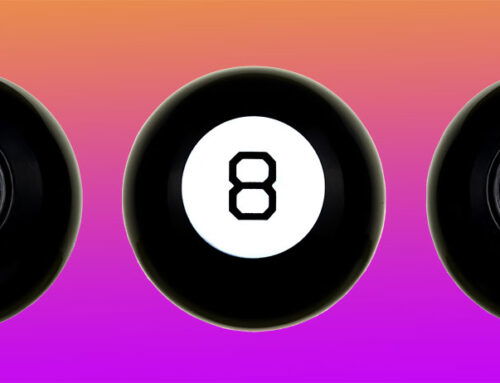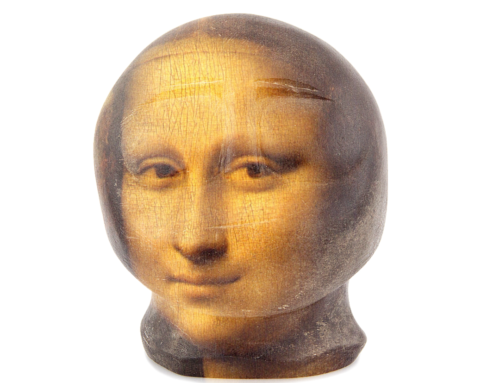 The other day, I read excerpts from an amazing novel called Erewhon by Samuel Butler, published first anonymously in 1872. I was intrigued by the title, which turns out to be the name of a fictional country meaning “nowhere” spelled backwards with the letters “h” and “w” transposed. The novel is a satire on Victorian society.
The other day, I read excerpts from an amazing novel called Erewhon by Samuel Butler, published first anonymously in 1872. I was intrigued by the title, which turns out to be the name of a fictional country meaning “nowhere” spelled backwards with the letters “h” and “w” transposed. The novel is a satire on Victorian society.
The laws in Erewhon are bizarrely different from those in our culture. For Erewhonians, unlike for our society, individuals who commit crimes – forgery, burglary, assault – are considered to be “suffering from a severe fit of immorality.” Instead of jail, those convicted are hospitalized, treated and returned to society. Specialized “straighteners,” individuals “who bendeth back the crooked” can treat them, and all is forgiven.
In marked contrast to our culture, Erewhonians with any illness – consumption, cancer, whatever – are considered criminal and imprisoned. Equally incredible is that “poverty and ill luck are also considered criminal.” In brief, Erewonians are punished for their misfortune. Physicians practice secretly and can be consulted only at great risk. In one trial in Erewhon, the lawyer tried to defend a young man coughing and accused of having consumption by saying he was faking it for insurance money, which would have been only immoral, not criminal, and curable by hospitalization. The defense didn’t work, the patient was convicted of illness and given a life sentence in jail. The poor victim accepted the sentence, saying he thought he was given a fair trial.
Wow!
Erewhon is fiction, of course, a satire in a setting of a country situated “nowhere,” where the laws are totally foreign to our viewpoint.
But then I started thinking. Instead of “nowhere,” Erewhon could read “here now” by a slight rearrangement of the letters, and that brought to mind a pet peeve of mine. Why do we often blame ourselves – feel guilty – about our health issues when we have done nothing wrong?
Is there a sliver of Erewhon culture lurking in our own?
 For example, I have an incurable sweet tooth. Candy bars, chocolate in all forms, desserts – I love them all! I’ve often wanted to start with dessert as an appetizer before I tackle an entrée, if I still have enough appetite. (I’ve never done that, coward that I seem to be.)
For example, I have an incurable sweet tooth. Candy bars, chocolate in all forms, desserts – I love them all! I’ve often wanted to start with dessert as an appetizer before I tackle an entrée, if I still have enough appetite. (I’ve never done that, coward that I seem to be.)
At a restaurant I choose carefully doing my best to limit calories in a course that my palate will accept. I’ve eaten enough chicken that I fear sprouting feathers; some fish are tolerable (halibut is my favorite since it doesn’t have much taste), but I’ll never grow scales. I’ve adhered to the saying that the best fish doesn’t taste like fish! Hardly a strong endorsement.
It turns out I’m not the only one counting calories, trying (not always successfully) to eat with good health in mind, to practice selective deprivation. The other evening with friends at a restaurant, a first for all of us, the conversation went something like this:
“What a find! Great food!”
“Agreed. I’d come here again in a heartbeat.”
Then the waiter arrived. “Anyone for dessert? Shall I bring a menu?”
We all sheepishly feigned being stuffed; we couldn’t force down another mouthful.
“No thanks,” said one of the guests.
Others nodded.
As usual, I was the loose cannon. “Well, are you all sure? Maybe we should just see what they have. That doesn’t mean we need to order it.”
“Oh, okay,” said another.
I sensed a crack in the armor.

Would it be irresponsible to simply rejoice for our good health when we have it and enjoy guilt-free?
We scrutinized the menu and discussed how sinful (note the guilt) the desserts were – chocolate, sugar, cream – terrible, irresponsible…delicious. We ordered one dessert for the table that seemed not too fattening (naturally, not my first choice) and we all had just enough to whet our appetite for more, complaining that we had eaten too much and feeling…yes, you guessed it…GUILTY! We trespassed the doctor’s orders and our line of obedience.
I agree that we should eat reasonably and have responsibility for our health. That’s not the issue here. I’m considering the bigger picture, how we view the human condition.
It seems that we often feel personally at fault for health issues. If we’re overweight, we lack self-control, ignoring metabolic differences among people or circumstances that come and go; if we get the flu, we haven’t washed our hands enough or kept clear of crowds during flu season or rubbed shoulders with someone coughing when he should have kept our distance; if we get winded when climbing stairs, we haven’t exercised sufficiently. Shame on us. Sometimes it’s more serious, like blaming ourselves for a heart attack because we didn’t go right away to a cardiologist when we had a few sporadic, ambiguous symptoms, nothing alarming. Ditto for cancer, faulting ourselves for a delayed check-up, too busy to see the doctor.
Don’t get me wrong. I’m not advocating a cavalier attitude toward our health. Adherence to modern medicine has brought prolonged health – sixties are the new fifties – and increased longevity. But, where’s the line we cross that puts us at fault for much of life’s toll on us, or just able to enjoy the moment – yes, “sin” – with a molten chocolate dessert? Can’t we be responsible without being under a blanket of guilt for not obsessing enough about ourselves? Is it always our “fault” if we get sick or gain a few pounds and develop a less than perfect physique (which can be reversible) or show signs of aging?
Why can’t we rejoice for our good health when we have it and enjoy guilt-free? Would that be irresponsible?
And, oh yes, what about the poor, down-trodden Erewhonians guilty for misfortune? I recall recently the effort to deny Medicaid to individuals in our society below a poverty line if they are not employed in some fashion. These laws are not created by those who qualify for Medicaid.
We’re not Erewhonians, thank goodness! Let’s keep that country “nowhere” rather than “here now.”






Leave A Comment